
KDI School Library Top Checkout Books Lists
- Date 2021-05-14 05:29
- CategoryNews
- Hit1613
The top checked-out books list article was popular last year. To check out the newest version of the list (the most recent update since October 2020) click here! The list includes loans from KDI members (researchers and administrators) as well as KDIS members (students, staff, professors). Be informed that a system is currently under development to view a list of books borrowed only by KDIS members. The period of system development has not yet been decided, so please wait for updates on the new system. (For better access, major textbooks and texts with only Korean are excluded.)
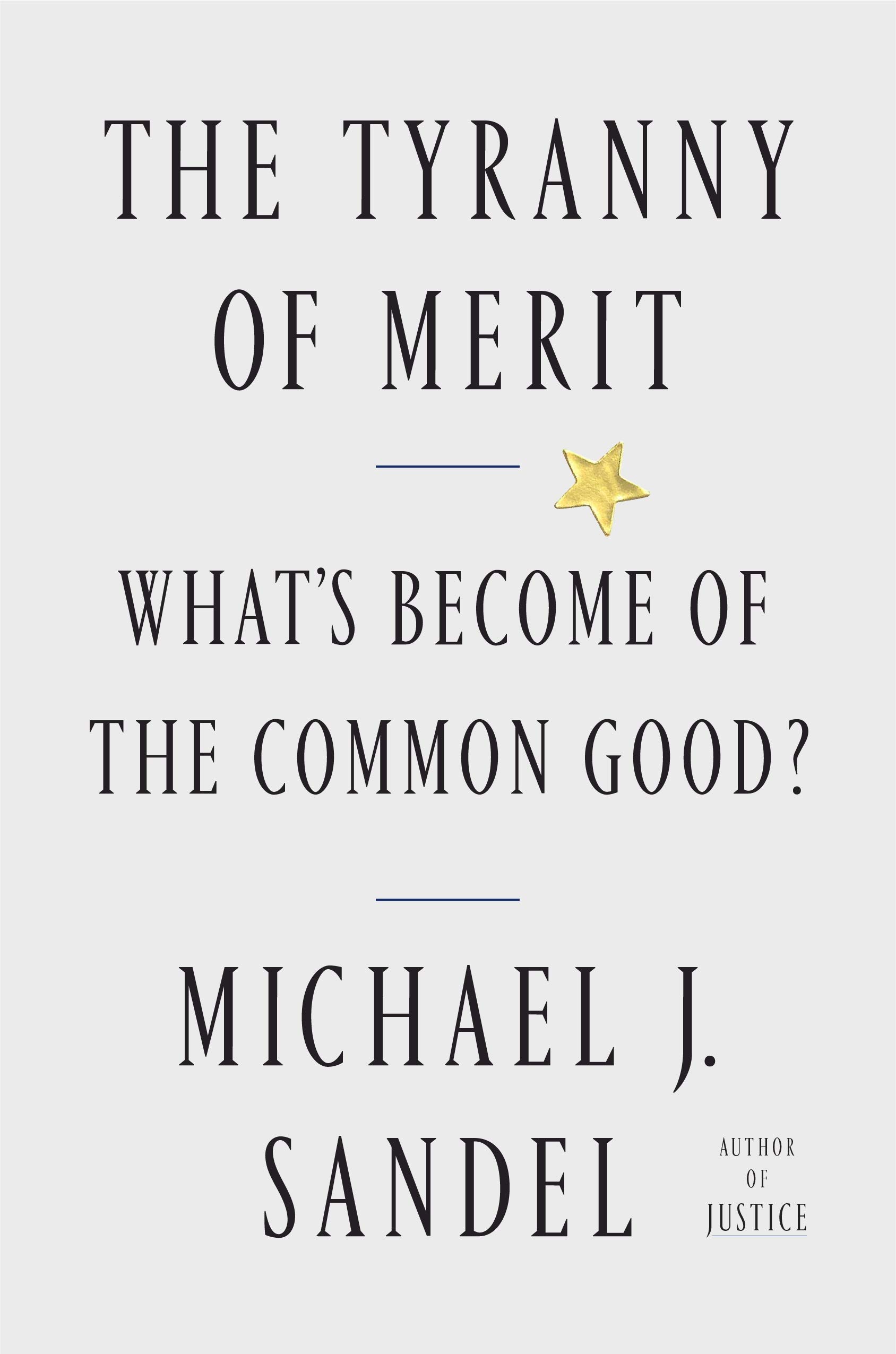 1. The Tyranny of Merit: What’s Become of the Common Good? by Michael J. Sandel
1. The Tyranny of Merit: What’s Become of the Common Good? by Michael J. Sandel
We always dream of a society that gives opportunities to capable people; the idea that if you work hard to polish yourself, you can get a chance for success. However, the author says the merit system is obsolete—the world can no longer fully practice the merit system, and we are forced to note of the inconvenient truth contained within it. In this enlightening book, Michael Sandel dissolves the increasingly ruthless façade of the merit system.
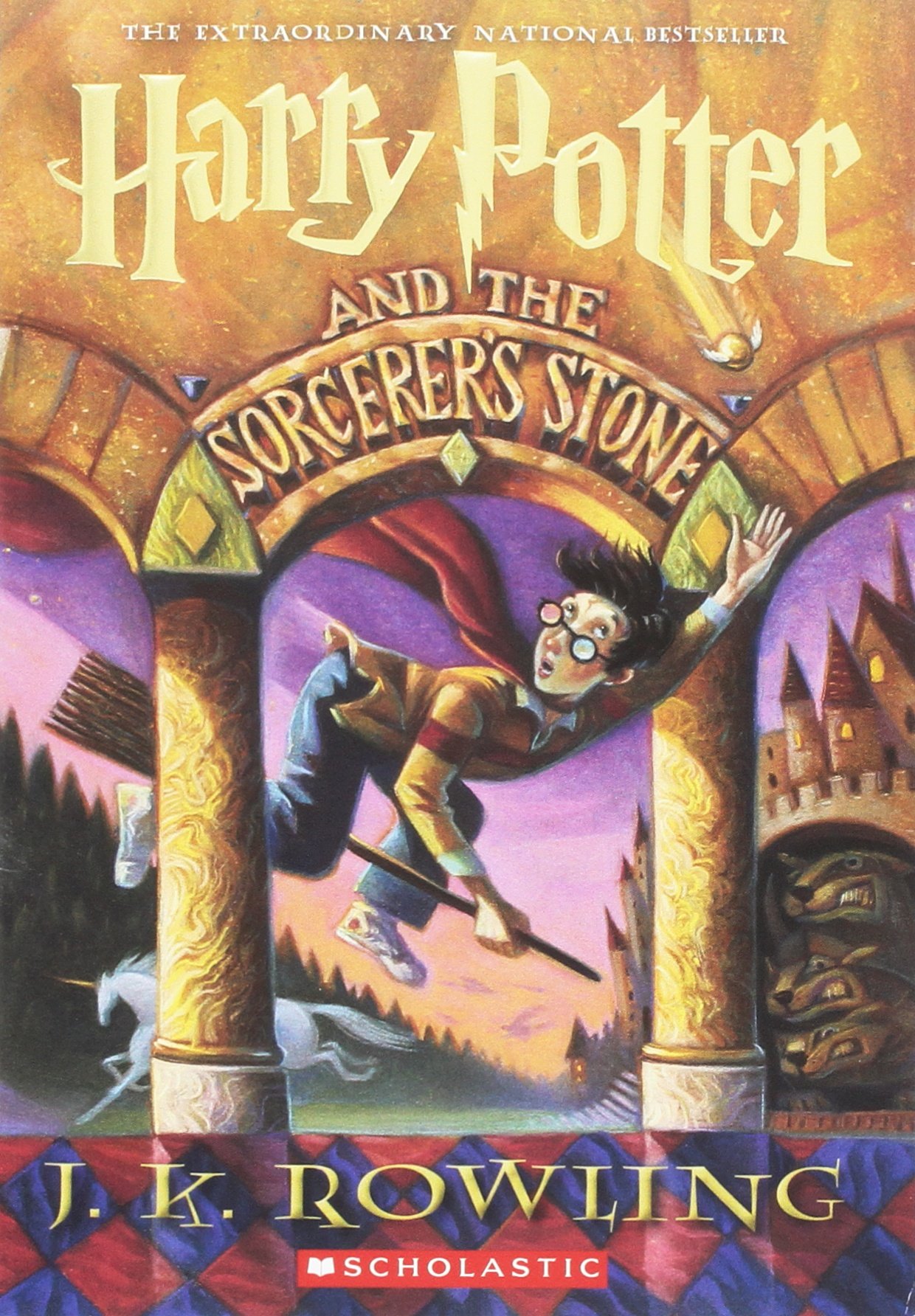 2. The Harry Potter series by J.K. Rowling
2. The Harry Potter series by J.K. Rowling
Harry, a child who survived his parents were killed by dark wizard, Voldemort, lives in obscurity in childhood with his uncaring Aunt Muggle Petunia and Uncle Vernon, who are "muggles", or non-wizards. Harry finally realizes that he is a wizard through the school grounds keeper, Hagrid, who, on his eleventh birthday, whisks him away to a train that takes him to Hogwarts School of Magic, where he makes friends with Hermione Granger and Ron Weasley. During his time at school, he encounters many strange and sometimes terrifying events as the power of his hidden magic is slowly revealed.
 3. Mitigating the COVID Economic Crisis: Act Fast and Do Whatever It Takes by Richard Baldwin
3. Mitigating the COVID Economic Crisis: Act Fast and Do Whatever It Takes by Richard Baldwin
The book presents prospects and solutions for the global economy, which has become vulnerable due to the coronavirus pandemic, including COVID-19 economic reflation policy, economic expansion, the post-COVID-19 global outlook, coping methods, and the future of the stock market. It talks about various countrys'' policies and creative alternatives to how the world should work together to overcome the pandemic crisis.
 4. No Rules Rules: Netflix and the Culture of Reinvention by Erin Meyer and Reed Hastings
4. No Rules Rules: Netflix and the Culture of Reinvention by Erin Meyer and Reed Hastings
This book is the first ever written by Netflix''s current chairman and co-CEO and centers on a discussion with Erin Meyer, a professor at INSEAD Business School, concerning Netflix''s management style and corporate culture. How did Netflix become the world''s most valuable company in a drastic move that overturned everyone''s perception of common sense? The two authors exchange stories with insightful perspectives and clear strokes and continue their arguments using rich examples of former and current Netflix employees as their talking points.
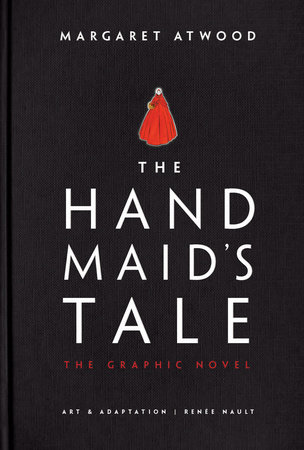
5. The Handmaid''s Tale: A Graphic Novel by Margaret Atwood
Originally published in 1985, the new drama entitled "The Handmaid''s Tail" was reintroduced in 2017 on the Hulu channel in the U.S. Soon after the author, Margaret Atwood, emerged as a hot topic writer. The novel shocks the public with the setting in which women are only seen as instruments with reproductive organs called a uterus. Even today, 30 years after its publication, it is considered a timeless classic due to the author’s keen insight into the dark side of performance and patriarchal power.
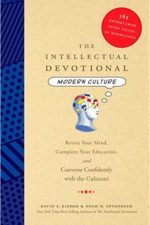 6. The Intellectual Devotional Modern Culture: Revive Your Mind, Complete Your Education, and Converse Confidently with the Culturati by David Kidder and Noah Oppenheim
6. The Intellectual Devotional Modern Culture: Revive Your Mind, Complete Your Education, and Converse Confidently with the Culturati by David Kidder and Noah Oppenheim
The third book of the humanities culture series to be published, it selects the necessary cultural knowledge for modern people. This book simply introduces everything about popular culture in the 20th century that has caught the eyes and ears of the world over the past 100 years, representing one of the most dramatic changes in human history. In order to understand the overall context of modern culture, seven themes were divided into the following: characters, literature, music, villains, society, sports, and pop.
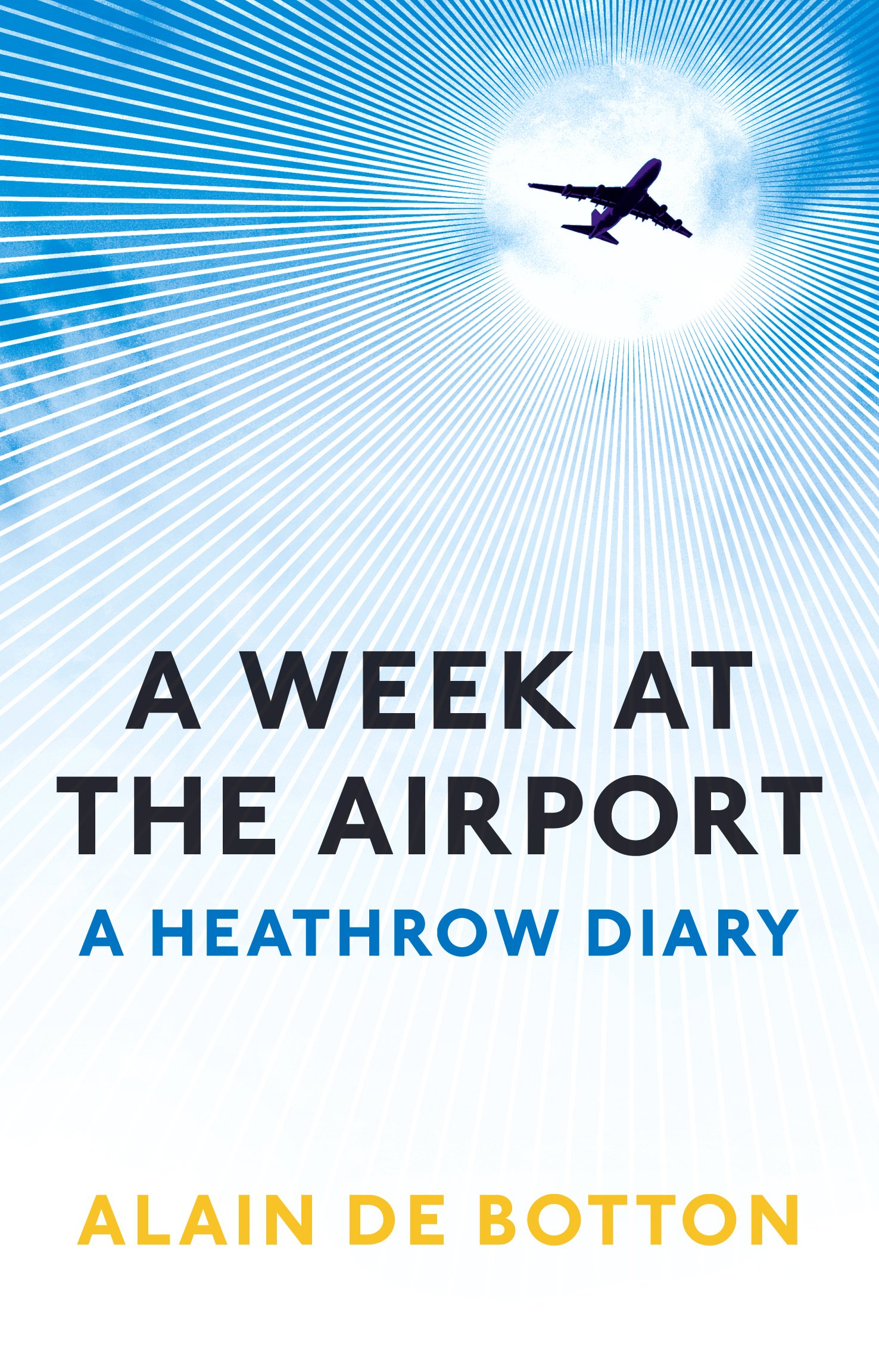 7. A Week at the Airport: A Heathrow Diary by Alain de Botton
7. A Week at the Airport: A Heathrow Diary by Alain de Botton
Alain de Botton was invited by the owner of Heathrow Terminal 5 to study this unique environment to stay at the airport for a week, during which time he met thousands of people from all over the world. Based on his vivid experiences, he penned this essay about a place called "the airport," which offers a glimpse of various moments—from cutting-edge technology to the romance of travel. Travelers from all over the world who use the airport, people working various jobs there, and images of parts of the airport that are not typically seen are introduced with unique wit and insight.
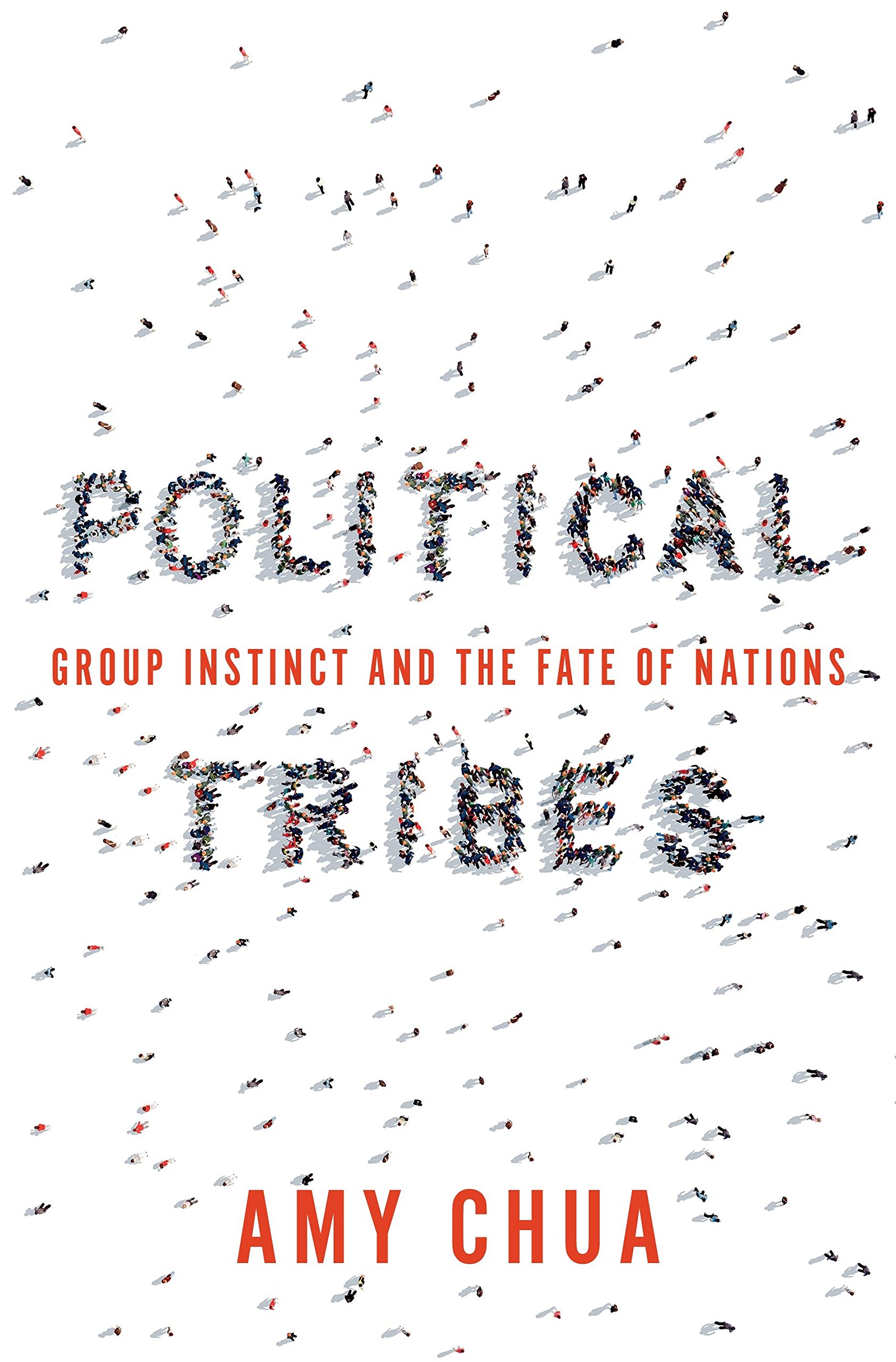
8. Political Tribes: Group Instinct and the Fate of Nations by Amy Chua
This book analyzes the causes of "confrontation" and "hate" in today''s society from the perspective of "tribalism" rather than the existing left and right structure. The author claims that so far, the U.S. has overlooked tribalism and lost a number of wars due to the Cold War frame, Vietnam, Iraq, and Afghanistan, as well as not sufficiently considering "tribal identity" in the U.S., which led to Donald Trump''s election.
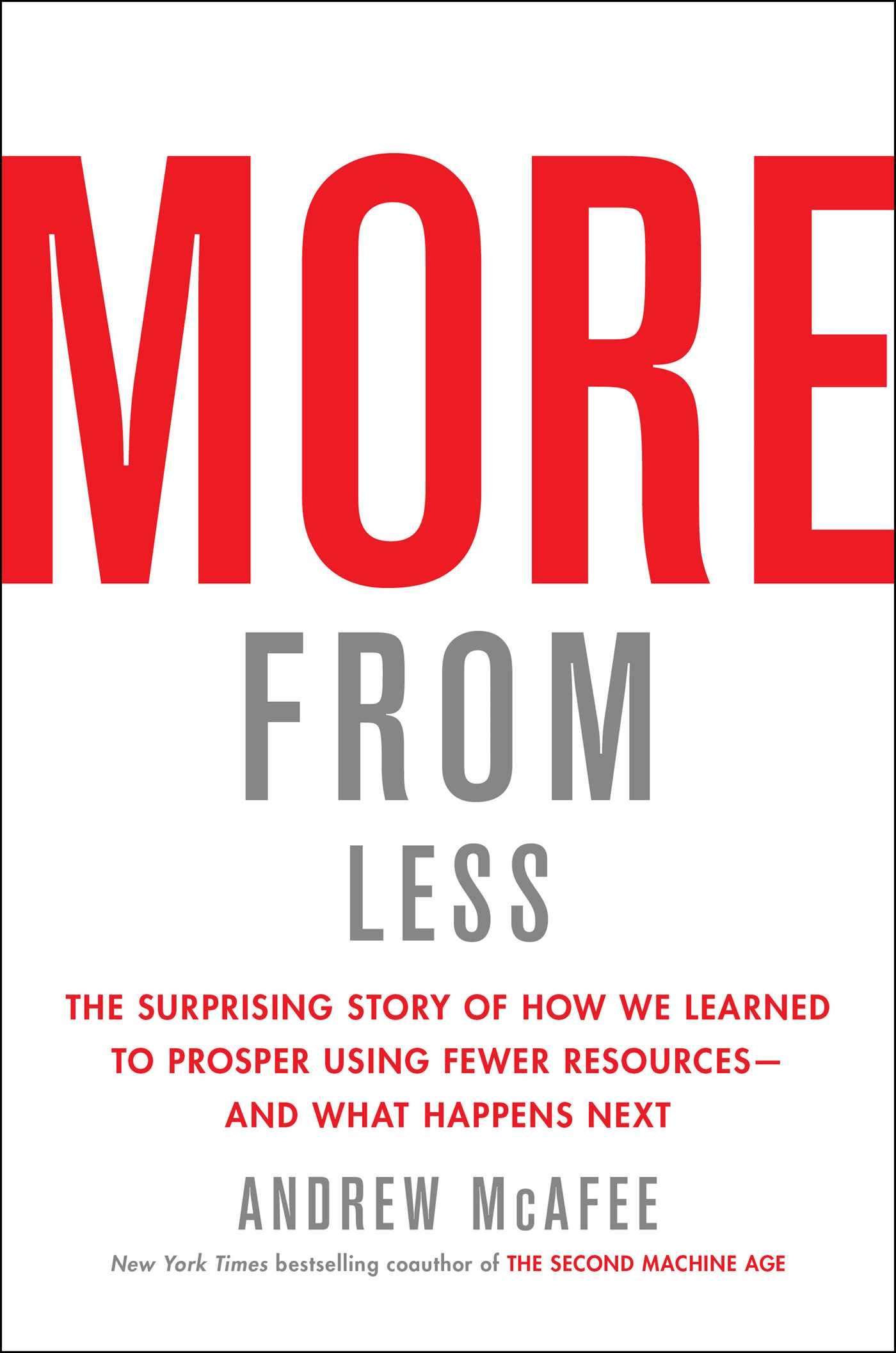 9. More From Less: The Surprising Story of How We Learned to Prosper Using Fewer Resources—and What Happens Next by Andrew McAfee
9. More From Less: The Surprising Story of How We Learned to Prosper Using Fewer Resources—and What Happens Next by Andrew McAfee
We have now passed the pinnacle of global exploitation. Will sustainable growth be possible amid new technological advances? Andrew McAfee, a professor at the MIT Digital Business Center who has been helping pioneer the future of technological advancement with the 2nd Mechanical Age, Machine Platform Crowd, shows us the amazing changes in our use of Earth’s resources through various charts and indexes. In addition, he presents the changes in industry, economy, and the world, unveiling the future that will unfold before our eyes.
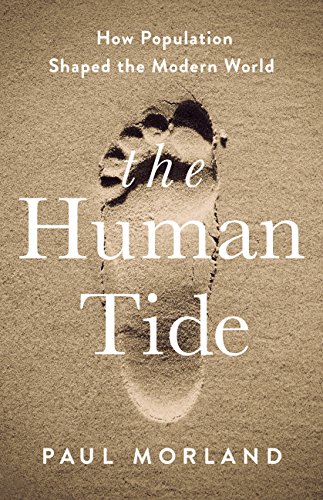 10. The Human Tide: How Population Shaped the Modern World by Paul Morland
10. The Human Tide: How Population Shaped the Modern World by Paul Morland
At the core of many historical phenomena is the population. If you look closely at population changes, you can see that population has played a decisive role at every inflection point in world history. This is the first public book to deal with the "population'' problem," which has been undervalued despite having played a major role in significant changes in world history over the past 200 years, as evidenced by historical facts and numerous statistics.
